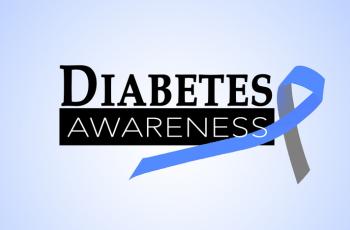IDF Diabetes Atlas Shows Rising Global Numbers
“Diabetes is not a health crisis; it is a global societal catastrophe.” – Dr. Shaukat Sadikot, President, International Diabetes Federation
Earlier this month, the International Diabetes Federation (IDF) published updated numbers reflecting the scale and burden of the worldwide diabetes epidemic. Globally, 425 million (or 1 in 11 adults) are living with diabetes, a 2.4% increase from 2015. The IDF estimates that half of these adults with diabetes are undiagnosed.
This increase actually shows some signs of lessening, as the IDF now believes that five years from now, the number of people with diabetes will be 13 million fewer than it had previously predicted. However, the increase shows no signs of actual reversal: the IDF estimates that 7.3% of adults worldwide have prediabetes. Analyses estimate that each year, between five and ten percent of this prediabetes population will develop diabetes.
The costs continue to be staggering. One in eight global healthcare dollars now goes toward diabetes, with half of this spending occurring in the US. Taking the indirect costs into account, a recent paper estimates the total global economic burden of diabetes to be as high as $1.3 trillion per year. That’s $2.5 million dollars in the minute it will take you to finish reading this post.
The human costs are more devastating: diabetes is responsible for more deaths than HIV/AIDS, tuberculosis, and malaria combined.
This new data is demoralizing, but it is incumbent upon all of us to take whatever steps we can to address even a tiny portion of the crisis. IDF suggests that governments and healthcare providers offer more education about healthy lifestyles, that governments create environments that facilitate physical activity and provide affordable access to insulin, and that there be a response to diabetes from multiple sectors. Those who feel that our ability to realize these goals is limited can take immediate small steps to improve our health and the health of those around us. As Dr. Sadikot suggested, addressing the diabetes epidemic will take buy-in from everyone – not just those who are already invested.


